Words, Ideas, StuffSome ideas and thoughts, captured with the view to help you.
|
|
While we’re sure you haven’t missed any content in the media right now about 2024 ins and outs or resolutions, we still wanted to offer our take on the whole new year, new me situation.
Before we get into this post, even though the calendar has flipped to 2024, we want to acknowledge the many other New Years that are celebrated across cultures - such as the Lunar New Year and Matariki. So, while January 1st might not be everyone’s official New Year, we hope you can consider the concepts of this post generally when approaching 2024 (as at the end of the day, we all have to remember to write a new date!). If you’ve been with us for a while now, you might have seen our previous post focusing on celebrating and evaluating successes and failures, or our other post about lessons learned and leaving behind what doesn’t serve you. As we embark through the first stage of 2024, we think it is important to revisit these important ideas, especially regarding self-reflection. Reflecting on your achievements, mistakes, failures, and lessons learned from 2023 can help you guide your path and put in your best for 2024. There is enough in the online space about goals and achieving highly, from achieving the ‘perfect’ appearance through to getting the ‘perfect’ grades or securing the ‘perfect’ job. However, we think that true, sustainable goals shouldn’t be based on unrealistic standards or expectations. Instead, it is vital that to start 2024 off on the right foot, you simply do your best. Your best may appear in many different forms depending on your context. Sometimes, by giving our best, we may be able to smash that job interview. However, during other times, giving our best may simply allow us to get up and go for a morning walk. The important thing to note here is the dynamism of doing your best. Our best will appear in different forms depending on the stage of life or season we are in - and this is okay. Release the pressure to perform and do everything perfectly in 2024. Instead, in 2024, we are bringing our best in, and throwing the toxic perfectionism and unrealistic standards of the media out. We think it is important to have a good start to the year, in a similar way to how waking up on the right side of the bed can set your day up positively. While setting goals and reflecting exclusively at the beginning of each year really is a social construct, it still is a good opportunity to consider how you would like to guide your direction for 2024. However, keep in mind that there is no ‘perfect’ time to set a goal or make a change. One day or day one: you get to choose. When it comes to setting goals for the new year, try to keep them open and flexible. We are not about setting rigid goals and striving to abide by them perfectly. Let your life unfold how it is meant to. Sustainable goals are created when they are flexible and not initiated by unrealistic expectations - as these goals are not likely to last in the long term and may instead only hold you back. You could start setting flexible goals by doing general self-reflection. Here, you might like to consider where you currently are in life (i.e. where are you working/studying? What do your relationships look like?) and where you want to be (i.e. what job would you like to be working in? How do you want your relationships to appear or feel?). You might also like to finish this reflection by filling the void between where you are versus where you want to be. You can do this by coming up with a general path, or action between your current situation and your ideal one. This can help you guide yourself to where you want to be. Explore what actions you might be able to take to help get yourself to where you want to be. For example, what steps could you take to help your future self get the job you want? Could you network with industry professionals? Could you do some experience or intern work? Could you set aside time each week to search for jobs? When doing your reflection and exploring what actions you could take to lead yourself to where you want to be, it is also important to think about success. Consider what success looks like to you personally, as just like doing your best, success is also fluid and dependent on your relative context. Have a look at our other post on success here, if you want to read a bit more. You can also go to Ep. 1 of our podcast if you want to listen to our take on defining success. Self-reflecting provides you with the opportunity to think back about your past year while considering and envisioning where you want to be. This is an important activity to conduct, as it can allow for self-awareness and growth. It is also important because it allows you to bridge the gap between your current position versus your ideal one in a way that is open and not too rigid. This is vital because life is unpredictable and you never know what might come your way - allow yourself space to say yes to new or unexpected opportunities. Therefore, flexibility is important for starting 2024 on the right foot, especially among the demands of social media and the online world. Overall, while we all want to start the year on the right foot, remember that giving it your best may appear differently depending on your current season of life. If the beginning of 2024 hasn’t gone your way so far, don’t lose hope that the direction for the year is set in stone. Change is inevitable and you can always bounce back from where you have been. As long as you continue giving it your best shot, you should be proud of the effort you are putting in - no matter how the results look. Don’t compare how you start your year with how others start their years, as everything is relative. Stay gentle with yourself, even if your best doesn’t appear as you expect, there is always time to grow and improve, as you have a whole year ahead of you!
0 Comments
Do you ever find it hard to make decisions? Do you ever feel like there are too many decisions to make? Do you worry about making the 'right' decision? When it comes to decisions, sometimes we need to step back and accept that there isn't always a 'right' or 'wrong' decision to be made.
Decisions play an important role in shaping the direction of our journey and the life we live. Making decisions, whether big or small, can sometimes feel like a burdening, daunting task, especially when it feels like there are infinite options to consider. Both our personal and professional lives are filled with countless choices, from accepting job offers to speaking up in meetings, which we must decipher. The choices we accept and those we decline will guide the path we go down, ultimately reflecting the butterfly effect The choices we make are shaped by a blend of conscious and subconscious factors, with external influences from our peers, family (whanau), social media, and societal expectations impacting our decisions. We are surrounded by many internal and external pressures which can sometimes make decision-making feel overwhelming. Decisions provide an opportunity to step forward and embrace risks. Despite this, it is also important to acknowledge that not every decision will create the outcomes that we had hoped for. However, rather than perceiving such instances as failures, we can consider them to provide us with the chance for improvement and growth. Setbacks can open up new opportunities while directing our path and guiding future choices. While decisions can feel intimidating considering the butterfly effect of our choices, we can ensure that we make decisions mindfully and with intent. Cultivating self-awareness and acting purposefully are elements that can aid us in unlocking our potential and creating a fulfilling career and life. Therefore, acting with intentionality is powerful and one of the few things we have direct control over. Our life is like our canvas, and each decision we make is a brushstroke that contributes to the beautiful journey we’re creating. Coincidently, Tim Ferriss, an American entrepreneur, touched on decisions a few weeks back in a Facebook post. He gave some valuable advice in suggesting that we should “learn to make nonfatal or reversible decisions as quickly as possible.” While decisions fabricate our journey, sometimes the best decisions are the ones we make on a gut feeling or whim before allowing ourselves the chance to consider the limitless options or scenarios of that given choice. So, live, laugh, love and be intentional in the way you make your decisions (but not too intentional!). In the current era of social and mass media, we are surrounded by representations of how almost everything should look. From the glorified ideals of what a productive day should look like, how our movement routine should be structured, through to what our physique should look like - the media cover it all. Among all of these representations and expectations of what we should be doing, it is no wonder that defining what we truly value is a challenge - and this extends to the concept of success.
Mainstream success perpetuated by social and mass media often appears in an idealised form from landing the perfect job and creating wealth, to finding love and buying a house. In this way, mainstream success encapsulates highlight reels from our career and personal lives - creating pressures and us leaving limited space to reconsider how success may appear for us personally. Married to the love of your life, working your dream job being paid a tonne of coin, with two point-five perfect children, rocking three-inch heels and toned calves, while walking some kind of doodle dog right? We’ve all seen that. And we’re not about it. The truth is that success is not always visible externally. Sometimes success can occur beneath the surface. A positive mindset change, getting up earlier, or doing some mindful movement can still be forms of success, which all have value. Therefore, it's vital to reevaluate success as a multifaceted concept, extending beyond material, externally visible achievements. True success encompasses all achievements, whether big or small, from personal growth, meaningful relationships, a sense of purpose, and a commitment to the greater good. Success is a dynamic, personal journey, that emphasises the process, lessons learned, and growth, rather than a predetermined destination or societal expectations of what we should be achieving. After all, as sung by Miley Cyrus, it really is “all about the climb”. It is the journey of The Climb that is important, which is a result of our wins and losses, not about “what’s waiting on the other side." We have the ability to set our own goals and define what success personally means to us. It is vital to keep these goals flexible, as contexts will evolve and change throughout our journeys, which should not be feared or considered to be ‘off track’. Ultimately, who knows where we will end up, and what if it is somewhere better than we had initially imagined? All of this leads us to why you should redefine your own version of success. Here’s the thing, there is always going to be someone doing more than you, just like there will always be someone out there doing less. It is easy to fall into a trap of comparison in such situations, leading us to question why we are not like someone else or why we are not living our dream life yet. Comparison, as said by Theodore Roosevelt, is indeed the "thief of joy". When we constantly measure our success against others and the highlight reels of the media, we are sabotaging our own potential for happiness and self-fulfilment. Each one of us is on a unique journey, surrounded by a distinct context of experiences, strengths, and weaknesses. Just as we cannot expect our failures to mirror those of others, we cannot expect our successes to be identical. Success is inherently personal, subjective, and intimately connected to one’s context and values. It can evolve from day to day, reflecting the changing priorities and aspirations we hold. We need to embrace this individuality and our smaller, everyday successes - as it is in these moments that we truly add value to our lives, contributing to our sense of happiness. It is time to define success as a reflection of our personal contexts, happiness, and contributions to the world. Success is not limited to what a well-lived, happy, fulfilled life looks like through the media - it is much bigger than that. We are well and truly in times of technology, which means connections and networking are all the more important. This applies to both our personal lives and our professional working lives. Within a business context, connections are the threads of the organisation that make it what it is. The links people have together, the people we know, and the people our coworkers and bosses know, all come back to make the organisation what it is. Therefore, it is important that whether we are stepping into our career, or advancing through it, we are creating, and sustaining, relationships and building rapports with people.
Connections are important in our careers because they encapsulate what an organisation is. An organisation could not occur without people, and people could not establish, operate, or do business in an organisation without connections with other people. Therefore, in this way, business is connections, and connections are business. These two elements intersect with each other. This means that within our professional lives, we need to ensure we have positive and meaningful relationships with others. Although such connections can form in real-life situations, they can also be established through online networking. One of the most widely used platforms for business connections is LinkedIn. This platform allows us to create our own professional profiles, outline our experiences, and connect with other people. The visibility of these connections to other users provides us with the opportunity to harness our networks, as well as the groups and brands we align with, to advance our careers. For example, a graduate student on the job hunt might have a connection within their desired industry. This connection could provide them with guidance, advice, and potentially open doors for opportunities. However, making connections, and sustaining them, can seem like a daunting task. The apprehension that often accompanies socializing at events, coupled with navigating the waters and norms of LinkedIn, can be intimidating. There are several approaches below that we can incorporate to overcome these challenges, establishing positive, enduring connections. 1) Attend Networking Events: Going to events can provide opportunities to make in-person connections (yes - we are encouraging you to get out there and have some cheeky work drinks!). This can allow you to step out of your comfort zone and talk to someone new. You could begin doing this by asking them some questions about who they are, what they like to do, and where they are in their career. #Tip: prepare a couple of questions in advance so you are comfortable breaking the ice. Eg: Hi, I’m Lucy from XYZ …. What was it about this event that prompted you to come along?” 2) Use LinkedIn: Your knowledge and ability to use LinkedIn can improve with practice. The first step is simply crafting an account, designing it around your personal brand and experience, and connecting with some people you know. Practice makes perfect! #Tip: there are a tonne of resources on how to create a great LinkedIn profile and plan content so commit to a date when you want yours cranking, prep your content, share it, then connect and comment on other’s related posts. 3) Reach Out: Ask someone out for a chat over coffee, or Zoom, to build a rapport with them. You could try to discover some common interests or shared goals, which can help establish and strengthen the relationship. It is important to create a mutually beneficial relationship, you could do this by offering your support or assistance, as reciprocity can also contribute to sustaining and strengthening the relationship. #Tip: set aside one ‘coffee spot’ each month to reach out to new people or follow up with the person you met at the networking event. If you find this challenging, having a plan can help you stay on track and not use the old ‘I don’t have time’ excuse 4) Follow Up: After meeting new people or making online connections, remember to follow up. You could send a thank-you message or express your interest in staying in touch. Taking care of your connections can aid them to remain active and meaningful. #Tip: if you say in the meeting you will do something, your credibility is resting on that so be sure to do what you say you will. 5) Maintain Consistency: Sustaining connections involves more than just initial contact. You should continue engaging with your connections by regularly checking in, offering assistance, or expressing your interest in their work and life. #Tip: like #3 above, plan time in your week for relationship building or networking, or set a goal to have 10 catch ups every 6 months, “what gets measured gets managed” is true! Overall, making and maintaining connections is a skill that improves with practice. After all, it really is about "not what you know, but who you know" - in personal and professional environments, connections can make all the difference! Check out one of our other posts if you're interested in reading more about the ins and outs of networking! Xenophobia: It refers to a fear or hatred of people who are perceived as strangers or foreigners. In a professional context, xenophobia can manifest itself as a reluctance to work with people from different cultures, which can impede collaboration and hinder career growth. Picture this: You're at a party, and you see someone you don't know. You walk up to them, and instead of saying "Hi, nice to meet you," you say, "Oh no, a stranger! Quick, everyone, hide your passports and lock up your culture! We don't want any foreign ideas contaminating our pure, untainted minds!" Now, that might sound like a ridiculous scenario, but unfortunately, it's not too far from the truth when it comes to xenophobia. Xenophobia is the fear or hatred of people who are different from us, whether that's because of their nationality, race, religion, or any other characteristic that sets them apart. And while it might be tempting to think that xenophobia is just a personal preference, the truth is that it can have a real impact on our careers and our communities. When we're afraid of people who are different from us, we're less likely to collaborate with them, learn from them, or do business with them. And that can lead to missed opportunities, lost revenue, and a less diverse and vibrant workforce. So, if you want to succeed in your career, and help build a better world for everyone, it's important to care about xenophobia. Because when we embrace diversity and inclusivity, we open ourselves up to new ideas, new perspectives, and new opportunities. And that's something worth celebrating, not fearing. This one was courtesy of ChatGPT – and also begs the question how bias is included or excluded from this awesome AI tool? There's a lot of work done to say how inherent biases are coded into AI, so this is one worth critiquing. Let's AskWe asked "How does OpenAI ensure ChatGPT is not xenophobic?" OpenAI takes great care to ensure that ChatGPT is not xenophobic or biased in any other way. ChatGPT was trained on a large dataset of diverse text from the internet, which includes a broad range of viewpoints and perspectives. Additionally, OpenAI uses a variety of techniques to detect and correct biases in the model, including monitoring the training data for bias, using debiasing algorithms, and testing the model's outputs for fairness. OpenAI is committed to creating AI that is ethical and responsible, and the organization has published numerous papers and articles outlining its approach to mitigating bias and ensuring fairness in its models. OpenAI also engages with the broader AI community to share best practices and collaborate on developing tools and techniques for creating AI that is unbiased and fair. That being said, ChatGPT is a machine learning model, and like any other AI system, it may still exhibit biases or unintended behaviors. OpenAI encourages users to report any instances of bias or offensive content they encounter while interacting with ChatGPT, so that the organization can continue to refine and improve the model over time. That last paragraph is one we could all cut and paste as we build our knowledge about how we might be acting in ways to exclude or discriminate against others - let's own that we're learning and trying to do better, we invite feedback and ways of improving so our collective knowledge increases and the dial does shift. YTG! PS- the photostock community need take note also, when you look for 'female avatars' 99% have light skin. Eye roll. Side eye. All the shady facial expressions. Not cool.
Reading an article this morning, it had an extract from Ravi Gupta's blog, so here's a blog about a blog. Well, not the whole blog but the key point of it – which is summarised beautifully here: "Most people think of demanding and supportive as opposite ends of a spectrum. You can either be tough or you can be nice. But the best leaders don’t choose. They are both highly demanding and highly supportive. They push you to new heights and they also have your back." As a leader, we’ve all seen the stats and heard the rhetoric that there’s a gender bais where women have to been seen as ‘warm’ and ‘credible’ to be perceived as capable, but for men it’s all about the ‘credibility’. They can be aggressive and pushy and that’s seen as okay by all genders. So how do women lean into being both demanding and supportive? No easy answer here, style and timing will play a role of course, but it’s more so about choosing to be. You can choose to be liked, popular, ‘warm’, and be a leader who endlessly gives to others, or you can lean into the moment, adjust your style to suit the context and that means at times the way you give to others will be hard, gritty and results focused – basically, whatever is effective in helping them lift performance in the best way. That means your style will flex – for the times when there’s a helluva road ahead and everyone needs to step up, or you’re aligned in achieving something great, that’s often the time for a different leadership style than when it’s plain sailing and you’re achieving, and it seems Ravi (and he credits Adam Grant for this concept) has nailed it with being both demanding and supportive. Ravi’s blog talks about his experiences building InstaCart where they were burning a stupid amount of money each month and needed to really turn things around. He then sums this concept up further as: What I’ve come to realize over time is that, far from being contradictory, being demanding and supportive are inextricably linked. It’s the way you are when you believe in someone more than they believe in themselves. Read the full article: https://rkg.blog/demanding.php
As social platforms evolve and change, many of the OG users are rallying against the change, yet the platforms are loving the shift as it’s often bringing new growth, new users, more engagement – all good things if you’re a tech giant. We all know Insta has become a TikTok copycat, and that Facebook is a hard-to-win game for businesses and nothing more than an ad-roll for users, then there’s LinkedIn.
In a recent NY Times post it was reported that LinkedIn "has more than 830 million users who generate about 8 million posts and comments every day". That’s a big beast. LinkedIn reps also comment on how the pandemic accelerated its growth, and that this was also the conduit for the content shift to more personal stories. Almost as people sought connection while working from home, LinkedIn was the place for it as it felt like a 'work' space. No doubt there's also credit for the personal narrative playing a bigger role at work and in work spaces thanks to the social shift lead by Brené Brown et al, with the very encouraging view that effective leaders showcase character, strength, vulnerability and authenticity. While we’re champions of strong personal branding and sharing what’s at the intersection of what you value and can bring, and what your audience is interested in (relevance is key for any business or personal brand), we’re certainly a little fatigued by the inauthentic LinkedIn posts and the carefully scripted ones that are designed to garner likes and clicks. Having a clear brand for yourself and/or your business, with some consistent, relevant content arcs or themes is great and helps your audience build trust as they know what to expect from you. As to whether you should share on LinkedIn that your cat is unwell, or create dance videos on TikTok, that's for you to decide - our recommendation is to share what is authentic to you and relevant for your audience. And what you're comfortable sharing, trust your instincts on that one - if it feels like an overshare, it likely is. Have a listen to the half hour podcast episode here to hear more about defining or refining your personal brand and a few comments on the ‘Facebook-ification of LinkedIn’ and decide for yourself what role LinkedIn or other platforms can play in your career.
|
Categories
All
AuthorMelissa Davies Archives
January 2024
|
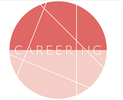
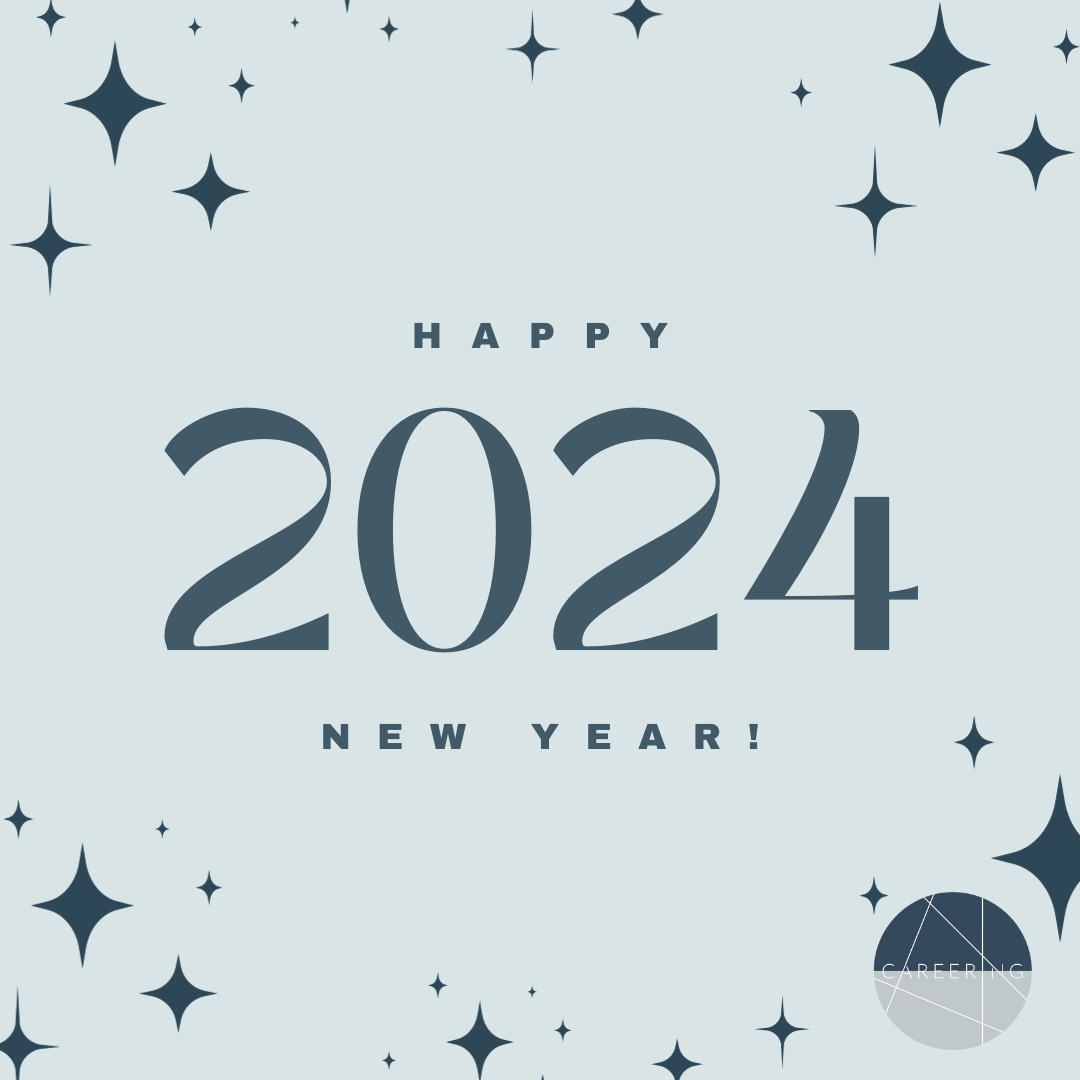


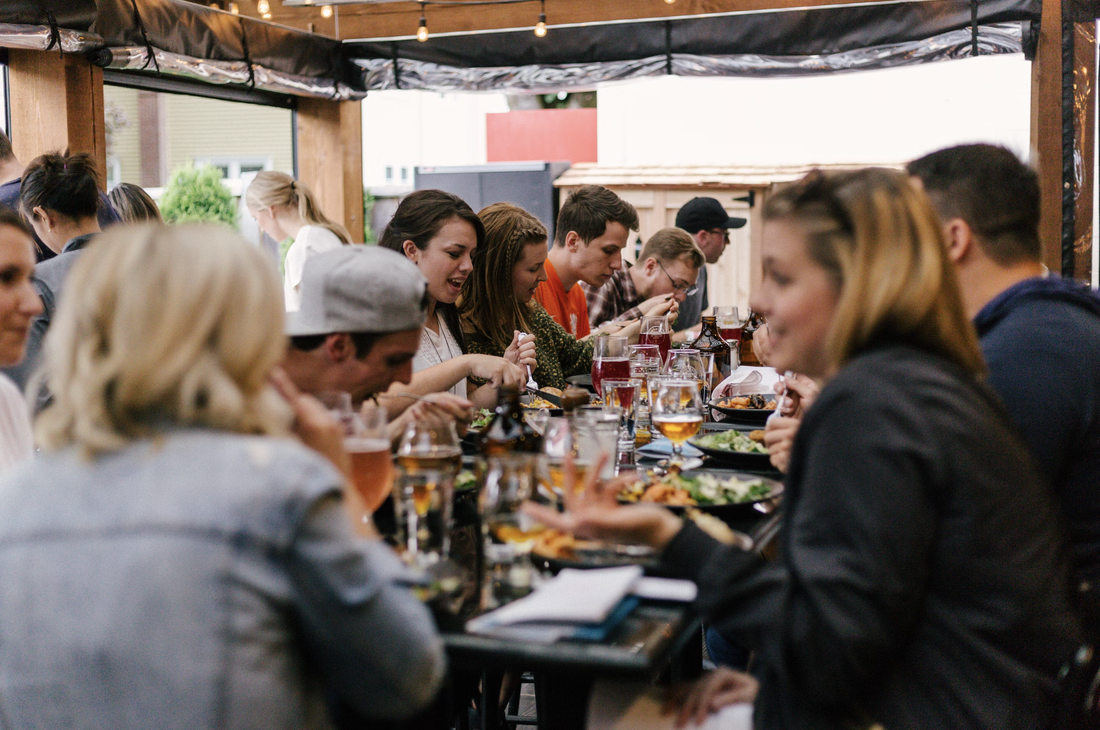
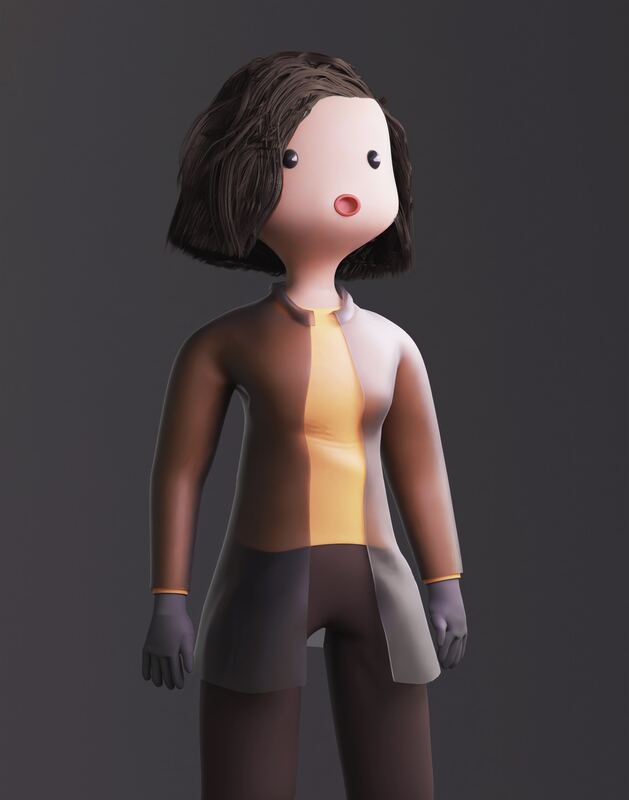
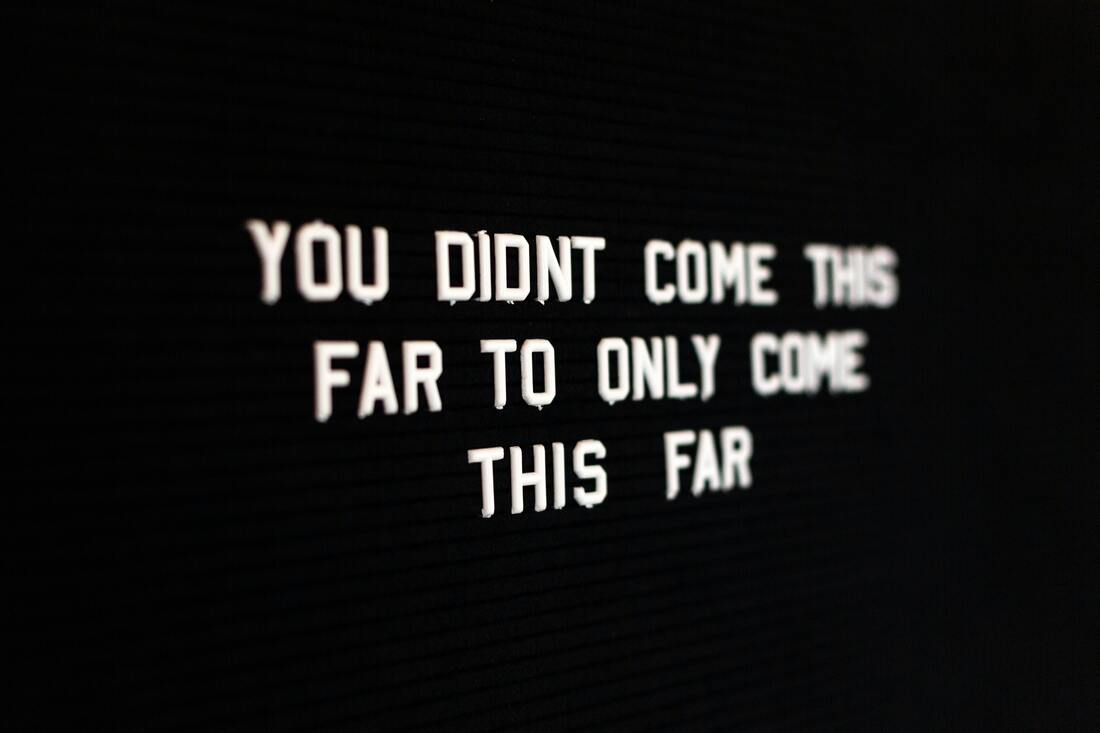
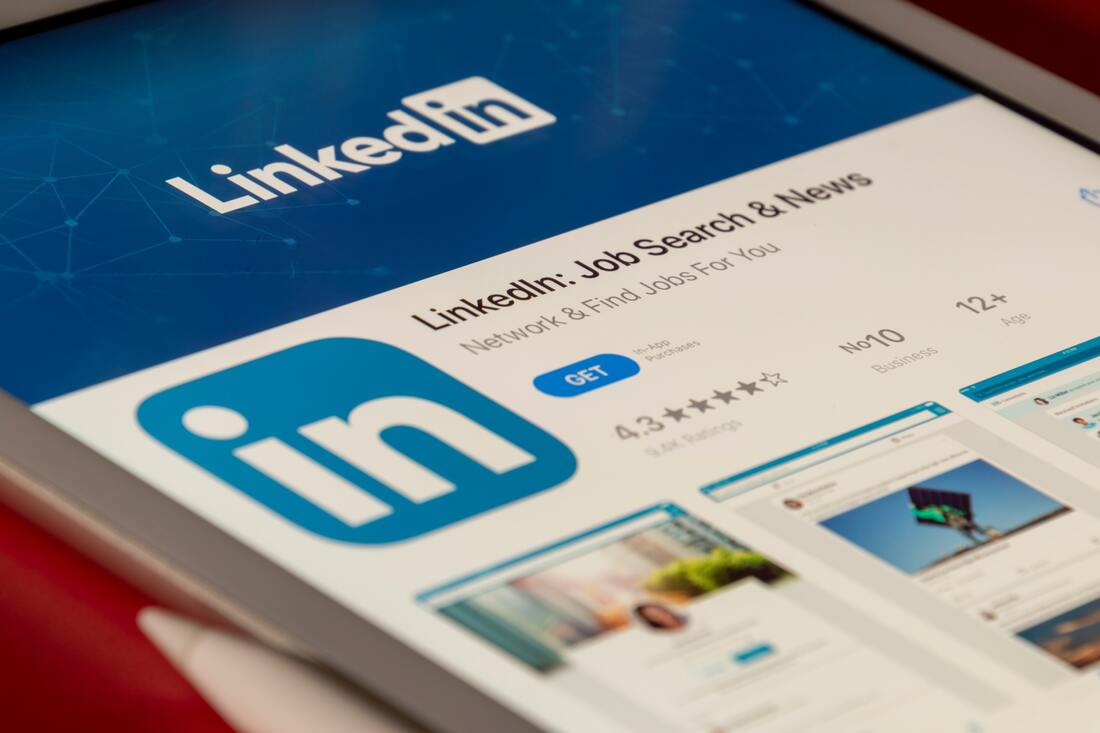
 RSS Feed
RSS Feed